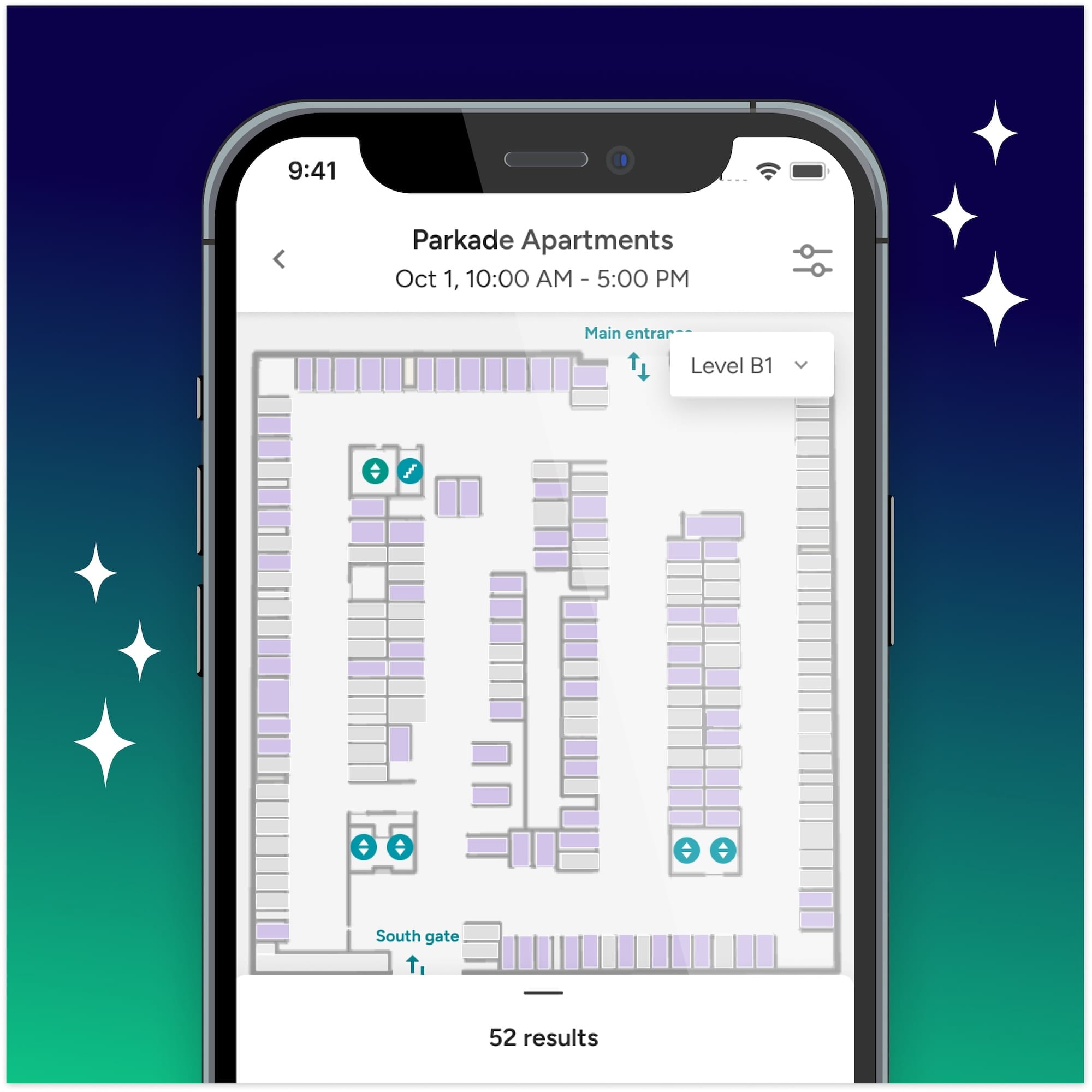

TABLE OF CONTENTS
If you’ve been in multifamily property management for a while, you know how important it is to consider your residents in every decision you make. Resident experience is not only critical to your occupancy and reputation, but it also affects your staff’s wellbeing, since they’re the ones who face the brunt of the complaints if something goes wrong.
One decision to take very seriously is who you select for a towing provider.
A reliable towing provider does more than remove unauthorized vehicles from your lot or garage; they shape how residents and visitors perceive your property. Just because you shouldn’t be so quick to tow doesn’t mean there aren’t times when it’s necessary. So when you do need to tow, you want to make sure you have the right provider to make the process as smooth as possible.
To cite a cautionary tale: One of our clients shared a story about how their former towing provider had run out of drivers, and rejected all towing requests for several nights in a row. The result? Management was left without a way to remove unauthorized vehicles, leaving frustrated residents circling for parking during the winter snow.
Stories like this are far too common. As you can see, the choice you make for a towing provider can have a serious effect on both operations and resident satisfaction, affecting the overall professionalism of your property.
It’s important to mention upfront that towing should never be your first line of defense. It should be reserved for dealing with unknown cars, repeat offenders, or cars parked in areas that provide safety hazards (i.e. blocking fire lanes). You want to be careful to find the right balance between towing to keep your lot safe and running smoothly, and providing a good resident experience.
There are plenty of other first steps you can take before towing, such as:
At Parkade, our support specialists are on standby to help properties 24/7 – this means we’re at the front lines of parking enforcement day and night. Along the way, we’ve learned a lot about what makes a good towing provider.
Here are the top 8 things to look for.
This is table-stakes, of course. The laws in your area can vary, so you’ll want to be clear on what’s required and ensure that whichever provider you select adheres to those requirements. Some examples of common laws are:
Your property managers are often the ones who have to deal with towing providers on the front end during enforcement (unless you use Parkade, whose team does it for you!), so considering the experience on their end is also crucial.
One major driver of this experience is an efficient process for towing. The right provider should have more than a “just call us” approach. They should detail out a clearly defined process to follow and set channels to submit the tow request through.
This process should also leverage modern tools like electronic forms/signatures instead of outdated technology like faxes (yes, some providers still require this!). Even having an email based process can help ensure information between the property and the towing vendor is properly conveyed and helps reduce operator error.
The towing provider should also be responsive and hold themselves accountable to maximum response times. Ideally, they should always respond within 15-30 minutes at most.
They should also keep detailed records of every car they tow. This includes taking down the spot number, vehicle details, license plate numbers, and time stamps for when the car was reported and towed, and capturing thorough images of the violation in question. This level of record-keeping helps maintain transparency, avoid accidental mis-tows, and ensures you have all the facts if someone contests the validity of their car being towed.
The provider should keep security at the forefront as well. They should provide the opportunity to add passwords and/or authorized callers, as well as easy options to make modifications. This ensures that only those authorized to call a tow at your property are able to.
And finally, the ideal towing provider should have a proper follow-up process. Instead of having to cross your fingers that a car you reported did in fact get towed, providers should provide a quick report at the end of the process, with an update on whether the tow was successful or not and providing photos for verification.
When you have a towing provider that you trust, it can help give you some added peace of mind, enabling you to shift your attention and energy to the parts of your job that need it more.
One major differentiator is flexible payment terms. For drivers with verified low income, providers should offer a payment plan that allows drivers to retrieve their car and repay the fee over time, especially if they need their vehicle to get to work.
The towing provider should also accept a variety of payment methods to avoid any unnecessary hassle for drivers when they arrive to retrieve their call.
You should also ensure that they make retrieval simple. A variety of factors can contribute to this, from their operating hours (ideally open 24/7), to the distance between your property and the tow yard, to simply the helpfulness and friendliness of the staff who are there to help drivers retrieve their cars.
If you’re constantly finding yourself having to tow the cars of residents and guests, you may have a bigger enforcement problem lurking beneath the surface.
The best enforcement strategy is one that is proactive, efficient, and fair. And nailing down the right strategy extends much further than just picking the right towing provider. If you want to learn more about effectively enforcing parking at your property, head over to our Enforcement Parking Guide.
.jpg)
As parking management becomes increasingly digital, security becomes critical — and we’re excited to share that we've achieved a major security milestone.
Read Story
We’re thrilled to announce one of our most significant leaps forward this year: the launch of dynamic maps across our mobile and web applications.
Read Story
Now that AB 1317 is official, it’s time to brush up on the requirements and see how your properties stand to benefit.
Read Story